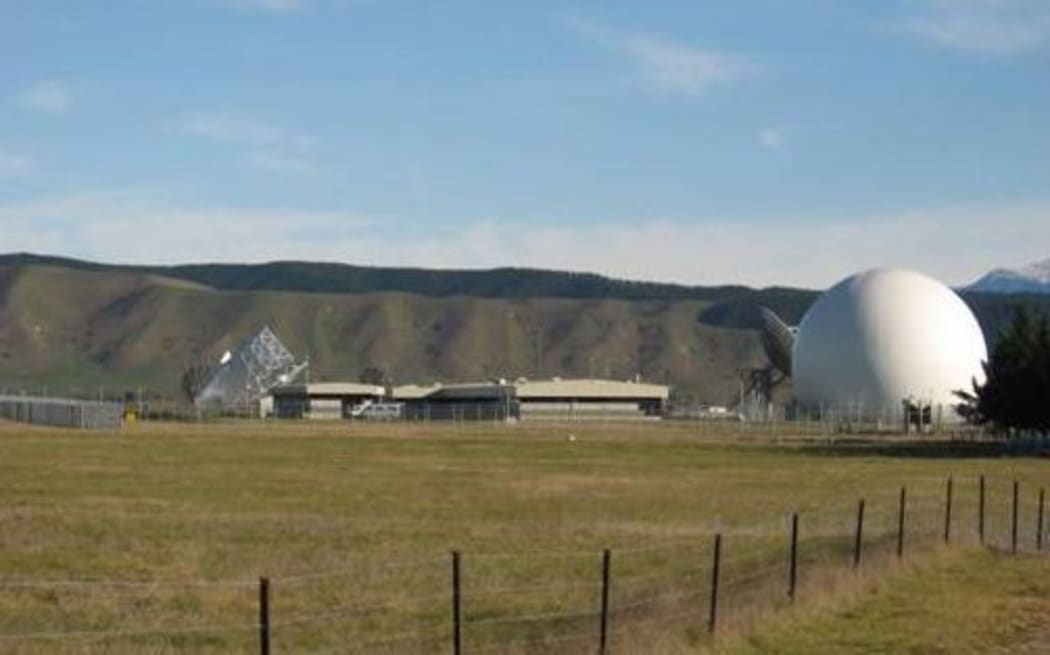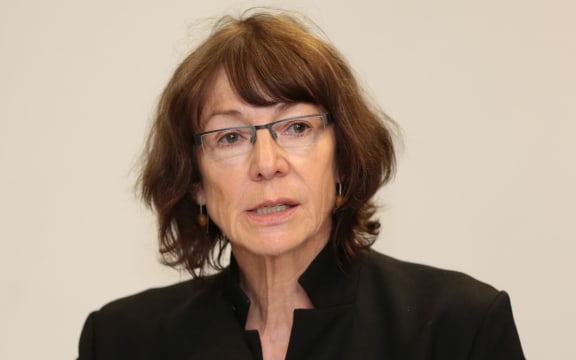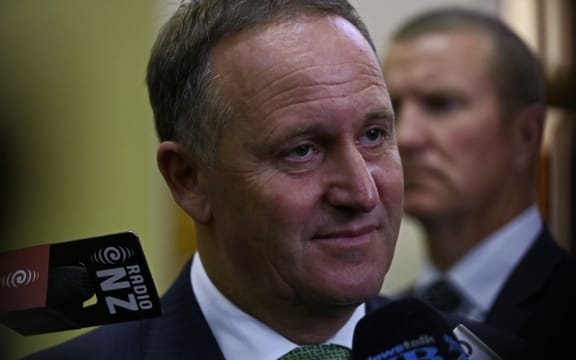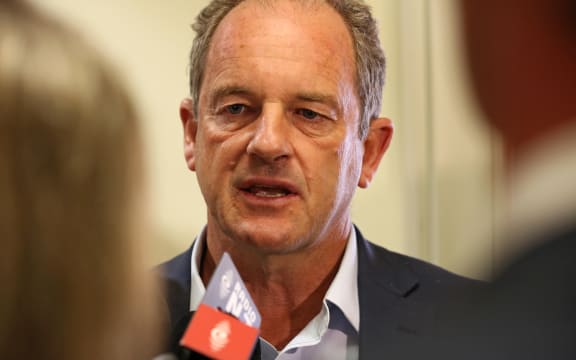The Prime Minister is relaxed about the country's spy watchdog investigating whether the Government Communications Security Bureau is using a potential loophole in the law to spy on New Zealanders.

The Government Communications Security Bureau (GCSB)'s spy base at Waihopai, near Blenheim. Photo: SUPPLIED
As part of her inquiry into complaints against the GCSB the Inspector-General of Intelligence and Security Cheryl Gwyn confirmed she would look at how the bureau interpreted private communication before conducting surveillance.
It will form part of the Inspector-General of Intelligence and Security's wider inquiry into complaints about the bureau following the release of documents by the American whistleblower Edward Snowden.
Under the law governing the GCSB, a private communication did not include any communication where people ought to reasonably expect that it will be intercepted by another party without their permission.

Inspector-General of Intelligence and Security Cheryl Gwyn. Photo: RNZ
Thames lawyer Denis Tegg said that clause in the law could allow the GCSB to spy on people here without needing a warrant.
Mr Tegg said ironically the disclosures by Edward Snowden had led to more people expecting that their communciations would be intercepted.
"That has, I think, substantially changed the public perceptions of what their expectations are of privacy although in this case it's actually expectations of whether their communciations will be intercepted, which is a slightly different concept.
"And so I think the whole ground has shifted in terms of that definition and leaves it open. So that's why I think we need to know just how the GCSB is interpreting this clause in the Act."
He had complained to Ms Gwyn.
While Ms Gwyn would not respond to his specific complaint, she wrote to him saying her investigation would include looking at how the GCSB interpreted private communication and whether its collection of information raised questions about that interpretation.

John Key Photo: RNZ / Alexander Robertson
Mr Tegg said it was significant that Ms Gwyn had decided to investigate the matter.
He said there were a number of questions that needed to be asked.
"What is the legal interpretation being used by the GCSB? How often, if at all, have they used that interpretation to intercept the communications of New Zealanders by deeming it to be not private?
"And, just as important, have they used it as a means to get access to data collected by the NSA and the other Five Eyes partners which is really I think the key, the key question we need answered."
Mr Key said it had not been raised as a problem with him.
"Not as far as I'm really aware. I mean the definition of private communications is something that's floated around a bit but I can't recall any particular thing on that matter."
Mr Key said Ms Gwyn was totally independent and she should investigate whatever matter she thought was appropriate.
Opposition reaction
The Green Party's international affairs spokesperson Kennedy Graham said the matter did need looking at.
"It's almost Monty Python-esque because we've got in the absurd situation where a poll shows that 72% of Kiwis believe they're being spied on by the NSA (the US National Security Agency) and probably the GCSB on behalf of the NSA.
"That increases the likely expectation that New Zealanders would be spied on, which allows the GCSB to have a broader interpretation of whom to spy on.
"So it's just absurd. There needs to be a legal constraint that is transparent and public on this."

David Shearer Photo: RNZ / Alexander Robertson
The Labour Party's foreign affairs spokesperson David Shearer said MPs had always had the view that under the law the GCSB could not spy on New Zealanders.
But Mr Shearer welcomed the inquiry.
"It's pretty heartening that Cheryl Gwyn, the Inspector-General of Intelligence, is looking in to this as well as looking into the issue of spying on Pacific neighbours.
"Because what it does do, at least, means that New Zealanders can be assured that there is an oversight into this and that oversight is being done by somebody independent," he said.
The matter is also likely to be considered when the country's spy laws are reviewed later in the year.


